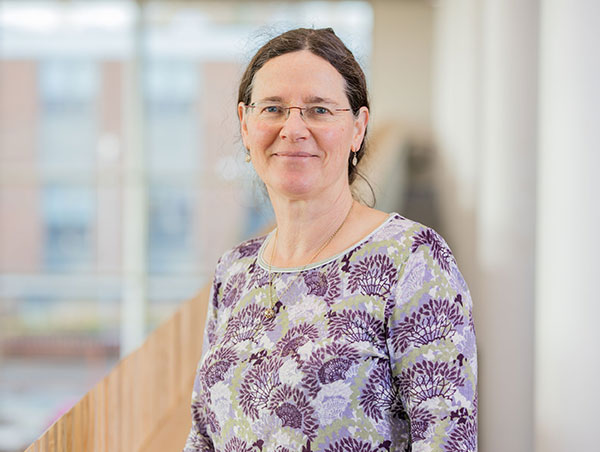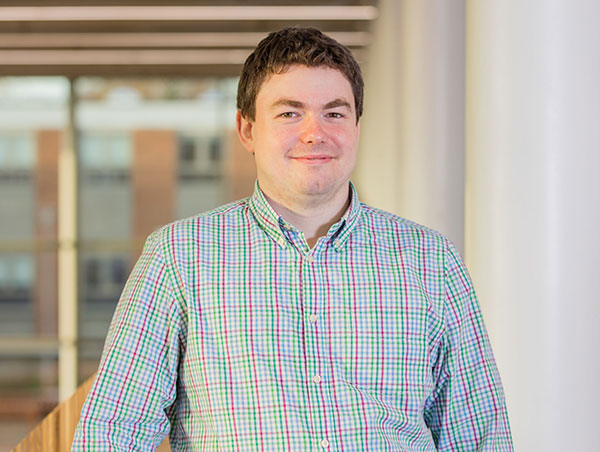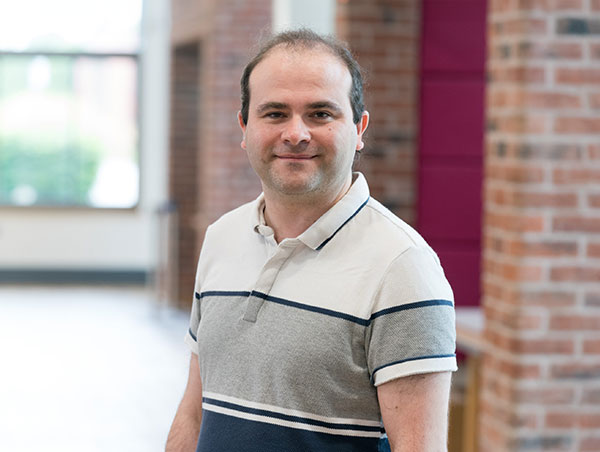
Publications
Belton, D.J., Hickman, G.J. and Perry, C.C., 2019. Traditional materials from new sources – conflicts in analytical methods for calcium carbonate. Food Additives & Contaminants: Part A – Chemistry, Analysis, Control, Exposure & Risk Assessment. ISSN 1944-0049 (Forthcoming)
Oliver, D.J., Michaelis, M., Heinz, H., Volkov, V.V. and Perry, C.C., 2019. From phage display to structure: interplay of enthalpy and entropy in binding of LDHSLHS polypeptide to silica. Physical Chemistry Chemical Physics. ISSN 1463-9076
Terrey, M.J., Perry, C.C. and Cross, W.B., 2018. Postsynthetic modification of phenylalanine containing peptides by C–H functionalization. Organic Letters. ISSN 1523-7060
IRep Publications
https://llr.ntu.ac.uk/rpd/researchpublications.php?pubid=effa03d8-ccf1-4079-85f3-87b8796d6bb3
Areas of Expertise
- Regenerative Therapies
- Surfaces, including aspects of super hydrophobicity and flow
- Abiotic biotic interactions at the molecular level
- Molecular Science
- Novel nanoparticle antibiotic conjugates
- Microbiology
- Bio Scaffolds and implants
- Imaging
- Regenerative Medicine
Roles and Responsibilities
Carole Perry is responsible for oversight of research within the Chemistry and Forensic Science team. Research at the interface between materials (from the nanoscale upwards), (bio)molecules and cells is the focus of the Perry group’s research activities.
Professor Perry and her team are particularly interested in the development of (1) 3D- silk-silica and silk-calcium phosphate-based materials for dental and bone repair, (2) novel surfaces for the study of cell behaviour, and (3) the role that the element silicon plays in bone health. The team can both fabricate a range of silk-based composites and understand, at the biochemical level, how silica, as a component of the composite directs bone formation. The team can further fabricate nano and micron sized shaped particles of a wide range of metals, oxides and salts using water and non-aqueous based technologies. Professor Perry has developed expertise in understanding material interfaces as well as cell interactions on such surfaces using a wide range of analytical techniques including electron and confocal microscopies, vibrational spectroscopies, mass spectrometry (proteomics) and conventional molecular biological approaches. The capability to use chemical and biochemical methods to modify surfaces and investigate the effect of this on biomolecule adsorption/ desorption and cell dynamics/ interactions using QCM-D, ITC and MP-SPR exists within the team.
Other Team Members


